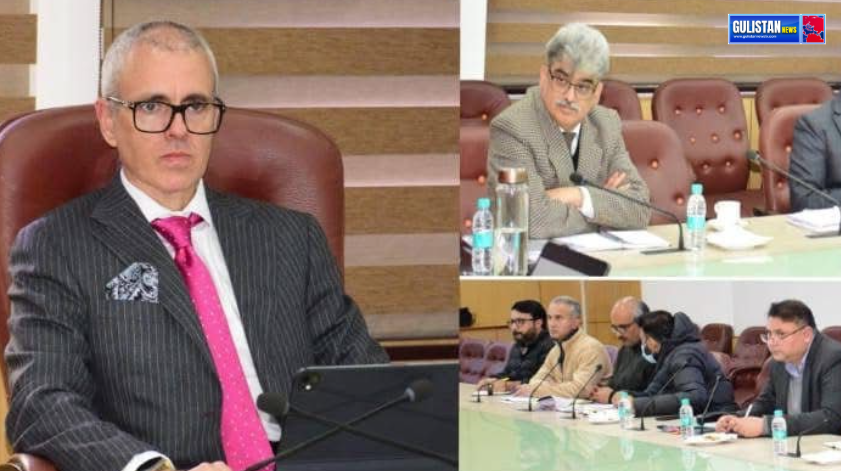In a worrying development, government-run Higher Secondary Schools in the picturesque Gurez valley of north Kashmir’s Bandipora district are grappling with a severe understaffing crisis that threatens the quality of education. The acute shortage of both teaching and support staff has sent shockwaves through the education community, raising concerns among educators, parents, and students alike.
Locals said, as the current academic year unfolds, these institutions find themselves struggling to meet the basic needs of their student populations due to a dearth of qualified teachers and support staff.
“This predicament has led to overcrowded classrooms, diminished individual attention for students, and an overall decline in educational standards,” they said
Parents have voiced their frustrations, citing the detrimental impact on their children’s education and future prospects. Students, too, have expressed their anxieties, fearing that this subpar educational experience may hinder their academic growth and lead to poor academic outcomes.
“This alarming situation demands immediate attention from relevant government bodies, particularly in Gurez sub-district. We are urgently calling on authorities to allocate additional resources for recruiting qualified educators, enhancing infrastructure, and implementing policies to attract and retain teaching talent,” locals added.
Meanwhile, In a telephonic conversation with Amjad Khan, Chief Education Officer Bandipora, Mohd Amin Beigh acknowledged the severity of the understaffing issue. He reassured the public that steps are being taken to address the problem through the recruitment of temporary and contractual staff to meet immediate needs.
CEO Beigh shared that he had personally visited Gurez to assess the situation and had raised the issue with higher authorities. He pledged that the problem would be resolved within a few weeks by deploying contractual staff to meet the staffing shortfall.
Regarding the disappointing results of the past two years, CEO Beigh acknowledged that the staff shortage had adversely affected outcomes. However, he expressed optimism that the deployment of contractual staff would lead to a resolution.
“Since assuming the role of CEO Bandipora, we have initiated the recruitment of 1,000 secondary-level staff, and we are working diligently to address these issues as a top priority,” he stated.









